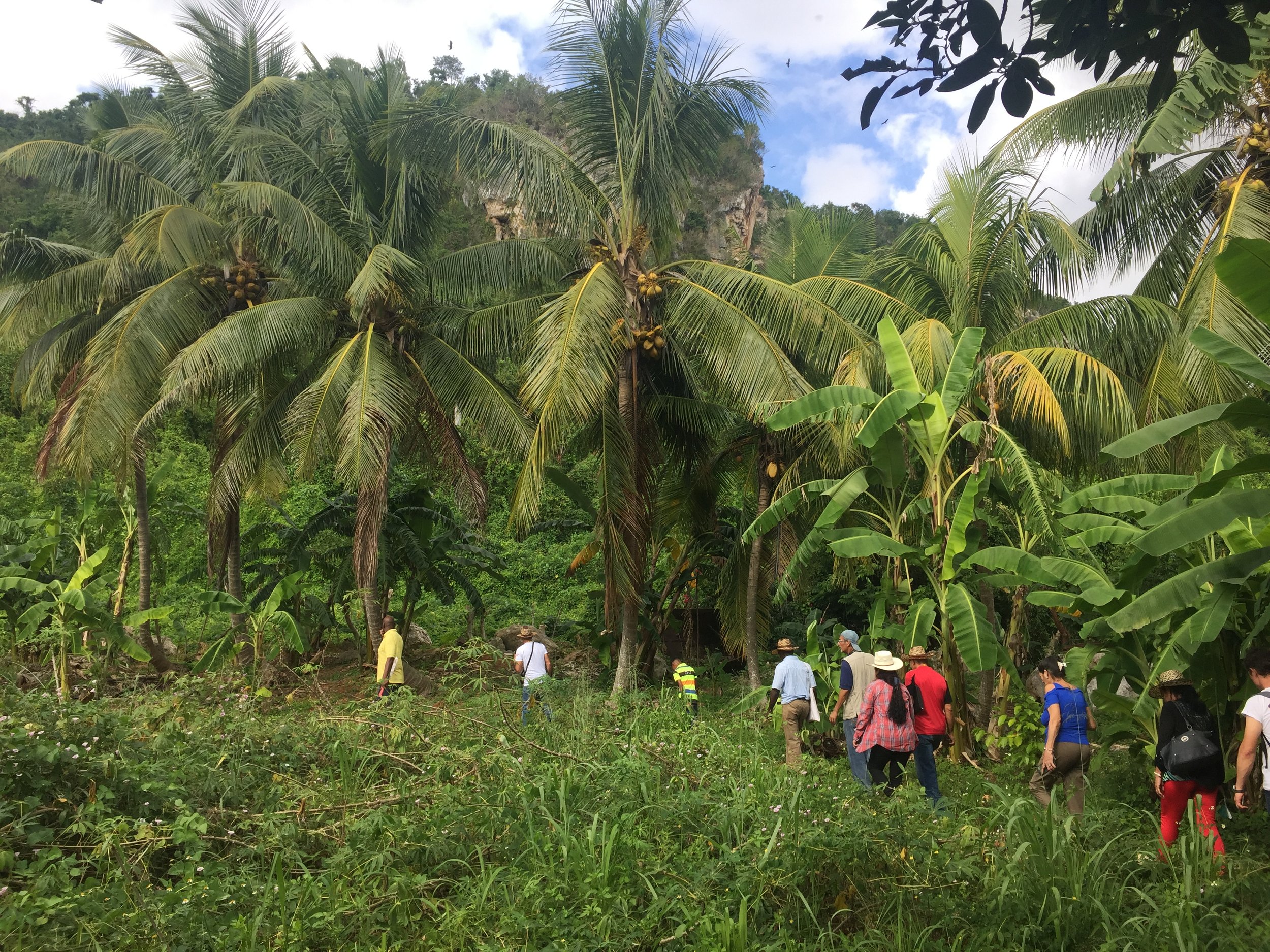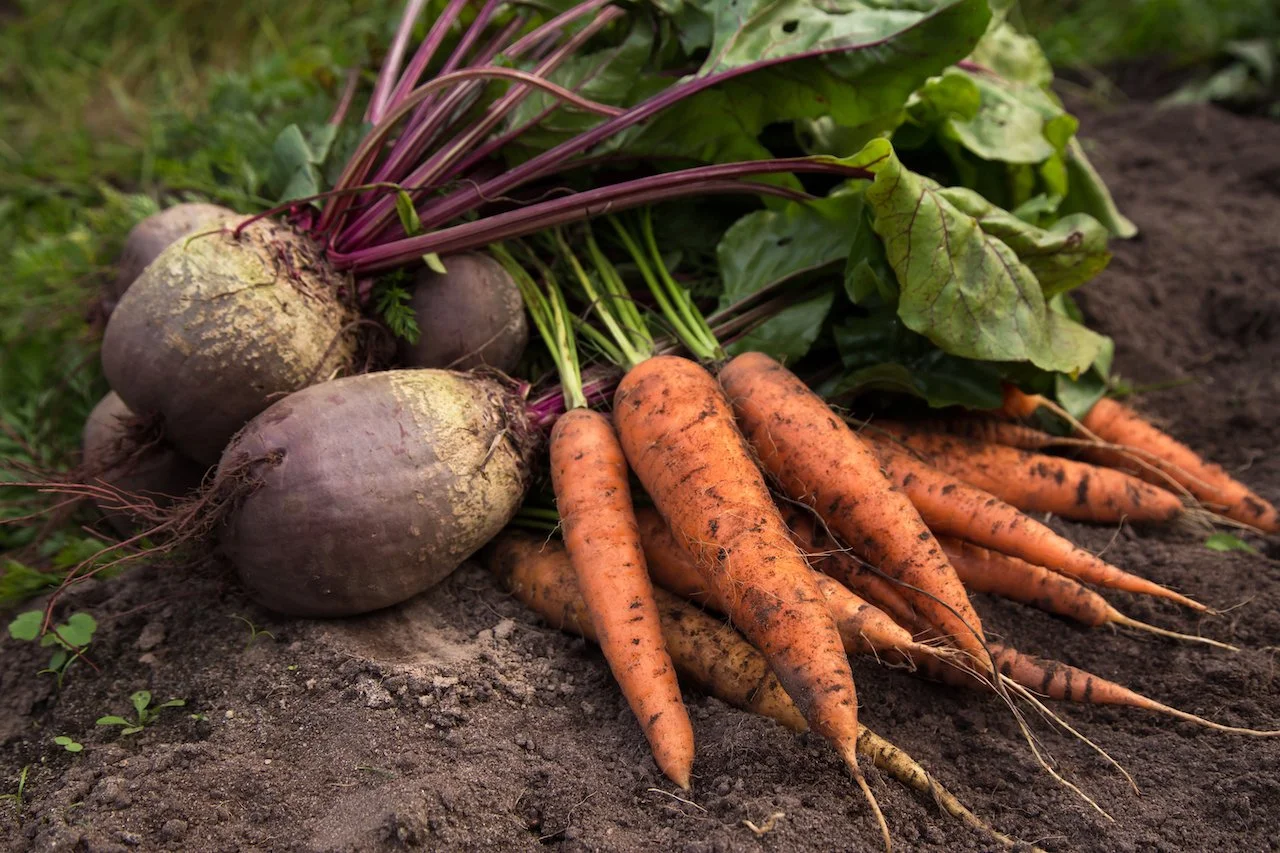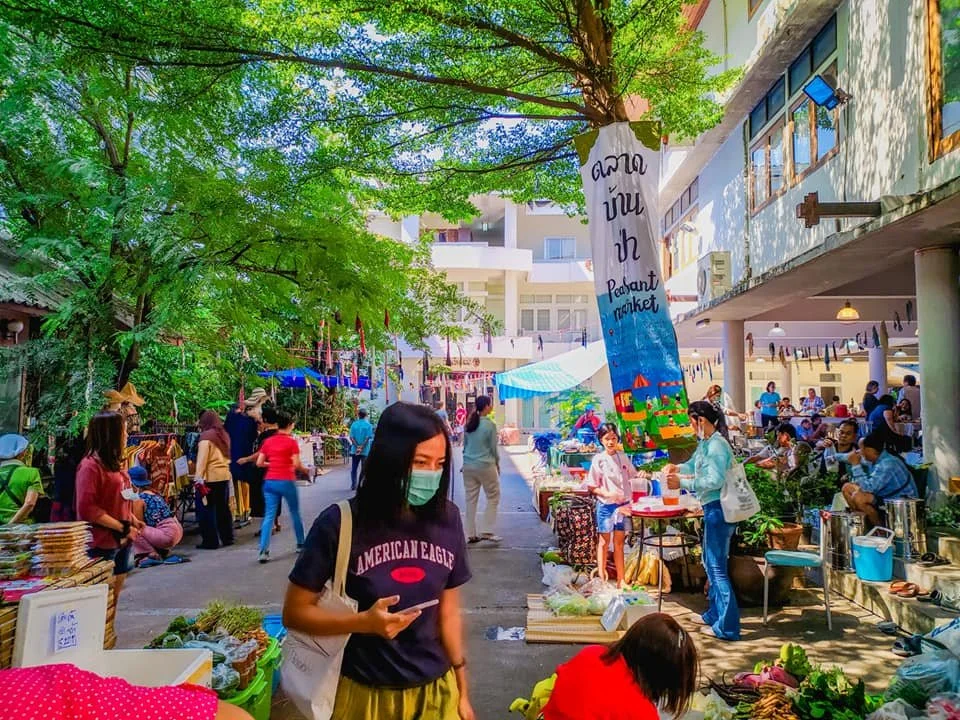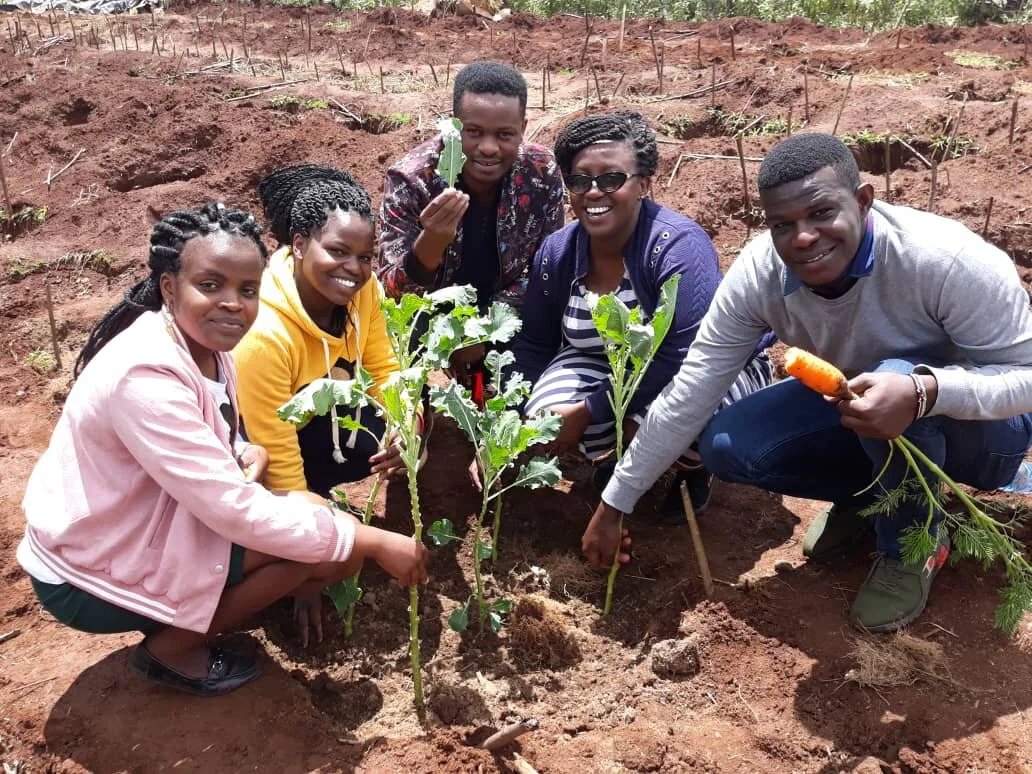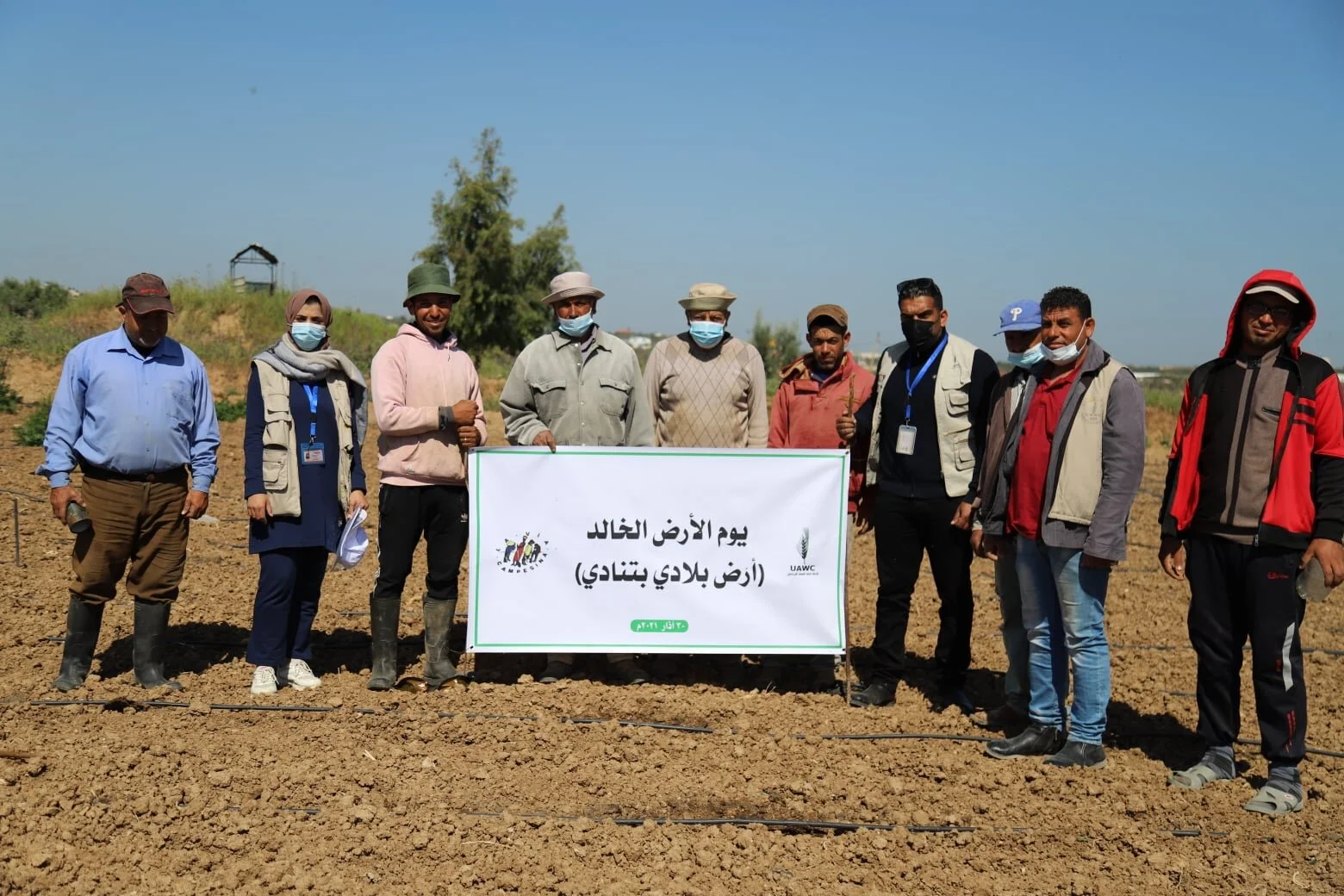Nearly 70% of the world’s food is produced by small farmers, in some regions of Africa and India that number is even higher, and at least half of these farmers are women. Our industrial food system, structured around unsustainable extraction, entrenches patterns of patriarchy that are harmful to women. A food system transformation is urgent as we face a polycrises of hunger, climate crisis, and biodiversity loss—and along with it gender inequity. An agroecological transition can address these issues, while simultaneously producing healthy, abundant, culturally appropriate foods by and for local communities around the world.
Read More“The houses that we live in are built from bricks made from the soil. We farm in the soil and the fruits that we eat are from the soil. […] When we die we shall be buried in the soil. We know that soil is something that we should respect, preserve and protect.” – Headman Mupata
Read MoreFrom the steppes of Kyrgyzstan to the vast plains around Mount Kenya, the Agroeocolgy Fund is proud to support pastoralist initiatives demonstrating that agroecology is an approach that can be applied to different food systems.
Read MoreOn February 1st, 2023, The Agroecology Fund brought together over 100 of its grantee partners, advisors, donors and staff, in a virtual celebration of the Fund’s 10-Year Anniversary. This event marked a decade of moving money to grassroots movements that lead the transformation towards healthy and sustainable food systems.
Read MoreMy experience in Cuban lands, though short, convinced me that alternatives to industrial farming methods are possible: models that are based on cooperation and solidarity, rather than on competition and profit; models that are sustained in agroecology as a way not only to provide safe foods, but also to restore justice and equity in our food systems.
Read MoreSpeaking as one voice, Africa is telling the world: Agroecology is not a transition, it is a rebirth.
Read MoreA 2021 study by the UN’s FAO concludes that around a third of the world’s food is produced by smallholder farmers on less than two hectares of land.
Read MoreJeunes Volontaires pour l'Environnement (JVE) International is working to scale up agroecology in Togo and root it in the country’s national policy
Read MoreDeepening agroecological practices and finding new ways of funding could both be vital to the planet’s future.
Read MoreWe raise our gaze from our farms to share with our international comrades the work we are doing at the Unión de los Trabajadores de la Tierra (Land Workers’ Union) throughout Argentina.
Read MoreIn the midst of Covid-19, fishing communities around the world have demonstrated solidarity and strengthened the resilience of coastal communities.
Read MoreThere’s a mistaken belief that agroecology is about going backwards. How do we challenge and reverse this mistaken perspective?
Read MoreA photo essay
Read MoreThe co-author of the report, AGRA’s False Promises, on why investment in agroecology, and not a Green Revolution, is key for Africa’s food security.
Read MoreA farmer from Pakistan on transitioning to agroecology and building resilience in the face of the global pandemic
Read MoreThe Union of Agricultural Work Committees on the Hunger for Justice Series
Read MoreNearly a decade after it was founded, the Agroecology Fund is pleased to announce a shift in leadership.
Read MoreMariama Sonko, president of the Pan-African organization Nous Sommes la Solution, shares how women farmers have turned entrepreneurs to revive a culinary tradition that would otherwise be lost
Read More




